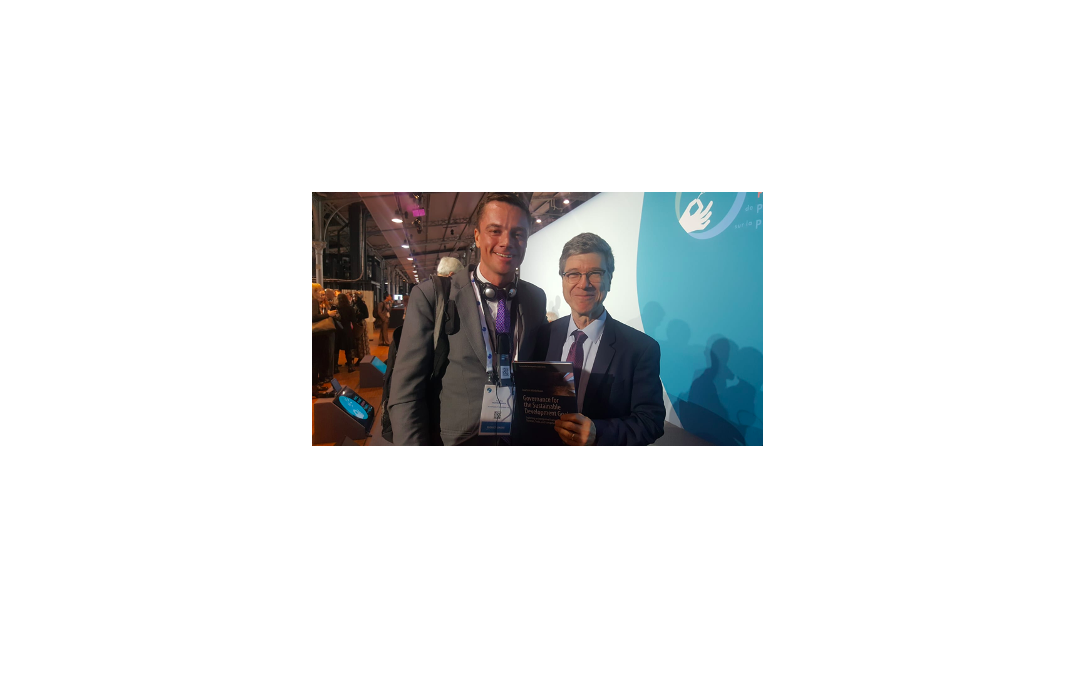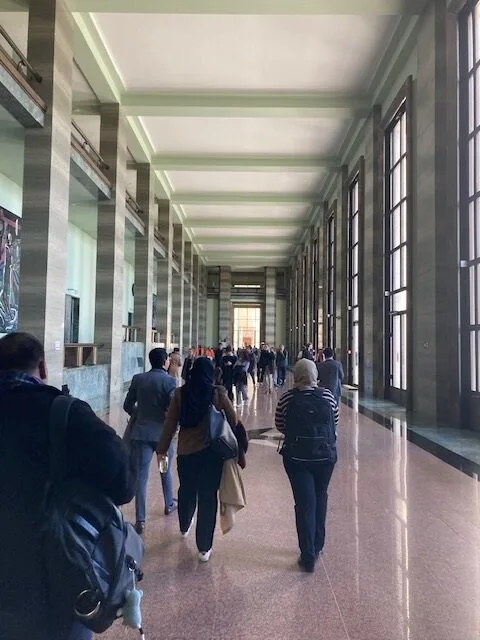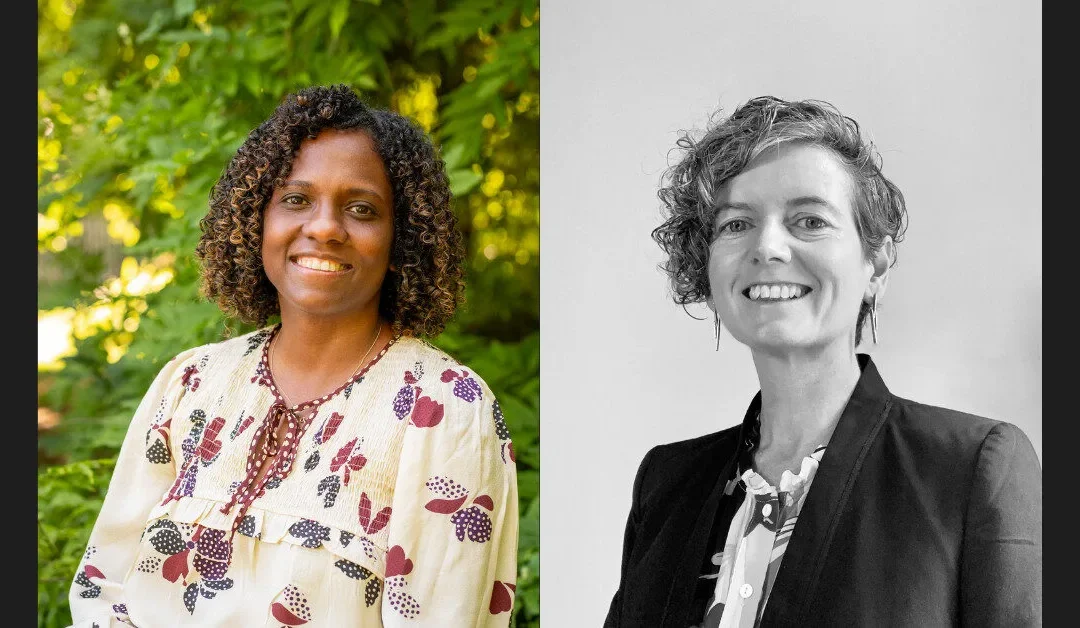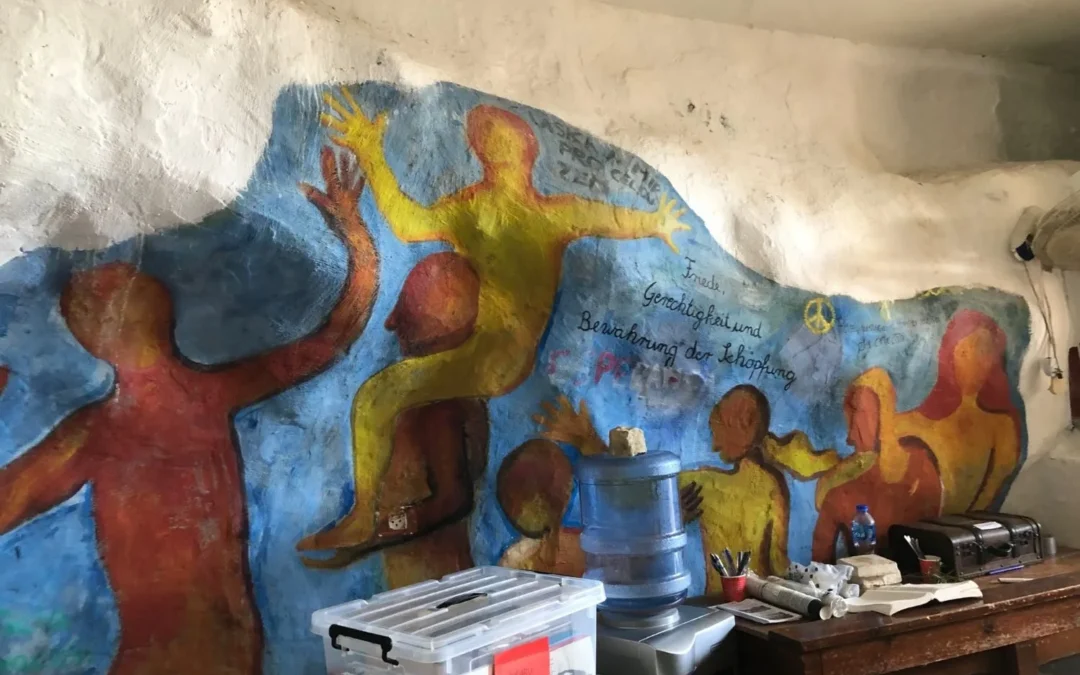In November 2019, Joachim Monkelbaan participated for the second time in the Paris Peace Forum. The Paris Peace Forum is an international event on issues of global governance and multilateralism that is held annually in Paris. Joachim liaised with heads of international organisations, representatives of civil society (such as non-governmental organizations, private corporations, trade unions, think tanks, experts, journalists, media) for detailed discussions of major global challenges to sustainable development and finding practical solutions. He also showcased QUNO’s work on peace and related areas as specific solutions to governance challenges.
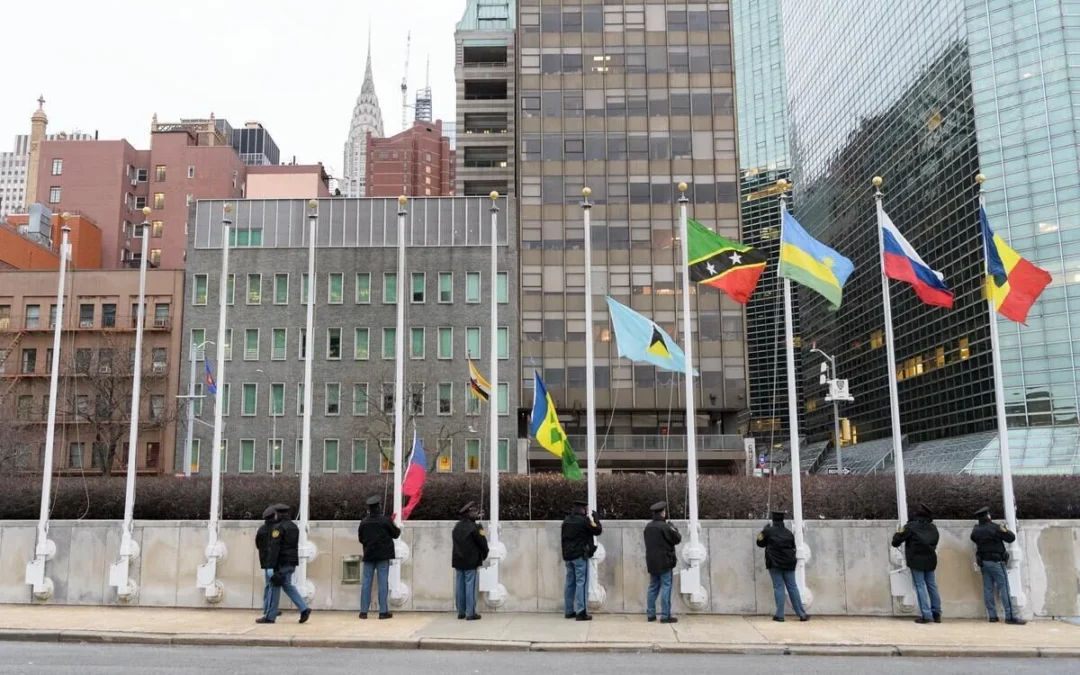
Perseverance and Hope During Challenging Times
On 28 January 2026, UN Secretary-General Antonio Guterres wrote to all UN member states to warn that the UN is facing "imminent financial collapse". While it is not unusual for the Secretary-General to raise alarm about...

